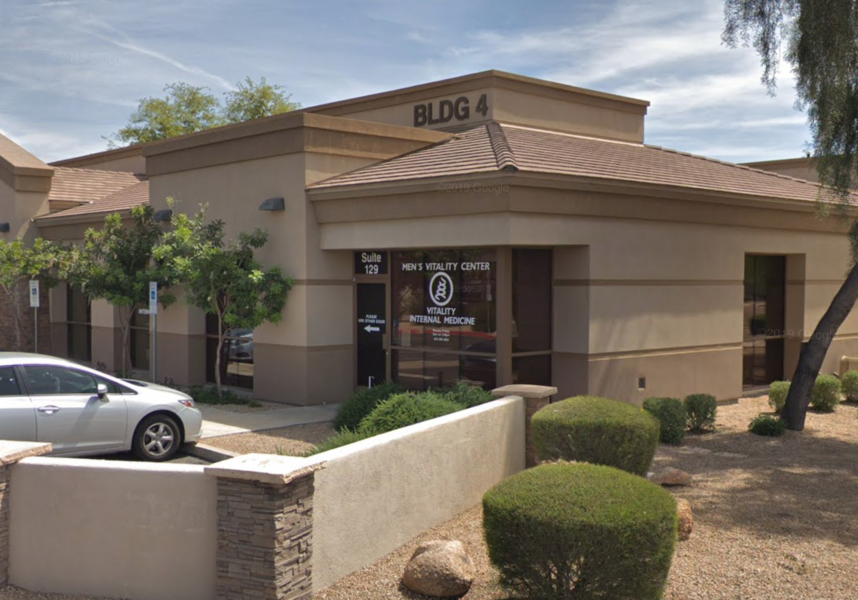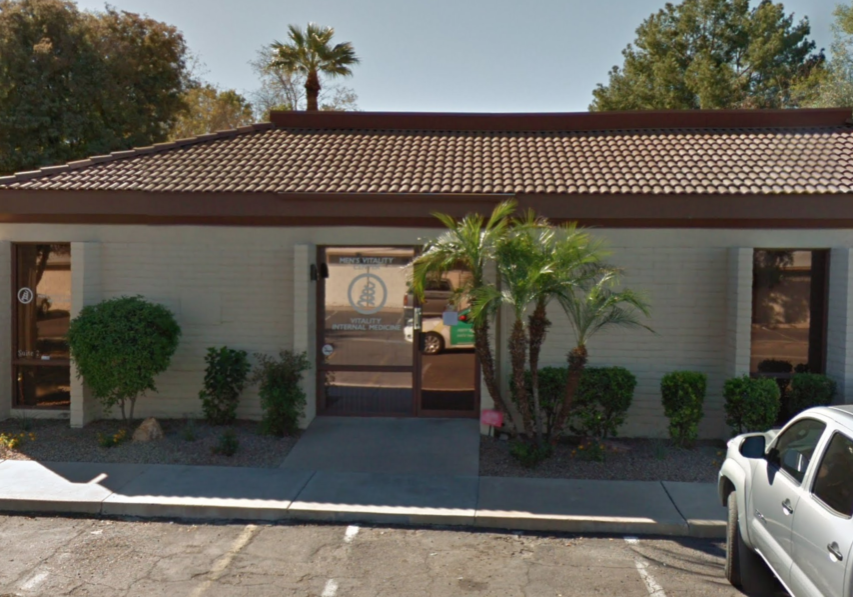Governor Doug Ducey issued an executive order Tuesday seeking to bolster reporting of opioid related data based on suspected opioid deaths and overdoses across Arizona. The sweeping executive order requires all licenses doctors, pharmacists, hospitals, correctional facilities, emergency medical respondents, ambulance providers and medical examiners to report within 24 hours of information on suspected deaths. This also applies to overdoses and use of the overdose-reversal drug naloxone.
The governor’s order also called for “information sharing” among a wide range of state and local government agencies, including law enforcement, county jails and boards that license health providers. Arizona’s Medicaid program and the State Departments of Corrections, Juvenile Corrections and Economic Services also would be among agencies required to share information. Ducey’s order comes one week after he declared a public-health emergency in response to a report that show 790 Arizonans died from overdoses of opioid prescriptions and heroin last year.
Goal to Collect More Data
Dr. Cara Christ, director of the Arizona Department of Health Services (ADHS), said the goals of the order are to collect more timely data, thereby allowing ADHS to intervene when there are reports of opioid deaths. Licensed health facilities and doctors already must report diseases and conditions such as measles and the Zika Virus that created a public health concern. The executive order extends the routine reporting requirement to include suspected opioid overdoses, suspected opioid deaths, naloxone doses administered and newborns exposed to opioids while in a mother’s womb.
Chris said information sharing among government agencies helps identify trends that can inform a public health response — for example, expanding the availability of naloxone to law enforcement and emergency medical respondents in communities with high overdose rates.
“We will still maintain patience confidentiality,” Christ said. “It will be only things that impact public health.” That state public health laboratory will coordinate testing of blood samples from suspected opioid overdose deaths.
How to Help Someone Who is Suffering from Opiate Addiction
Getting help on opiate addiction treatment follows a fairly standard regimen, but the specifics depend on the particular drugs and the amount of drugs that’s been abused as well as the health and addiction history of the abuser. They may be switched onto an alternative opioid like methadone or buprenorphine; alternatively, doctors may simply wean off opiates altogether.
Befor beginning the process of detoxification and treatment, a medical professional will likely create an individualized treatment plan for the abuser. This plan may be changed continually to make sure it is meeting their needs.
Medically assisted detoxification is helpful in achieving long-term sobriety from opiates. Withdrawal from opiates can be uncomfortable, and in some cases, distressing enough to trigger relapse. Supervised detox provides supportive care to manage the withdrawal symptom and a sober environment in which to focus on recovery.
In treatment, doctors may prescribe medications to help prevent relapse. The following medications can play an important role in treating opiate addictions. It is critical that the abuser is brought to help immediately, especially if they are a long-time addict. Waiting any longer may risk the fact that their treatment may not be much.
If you are seeking immediate help for you or your family members and loved ones, don’t wait a minute longer today and come in. Or you can give us a call at (480) 558-6924 at any time.
Schedule Your Appointment
Fill out an appointment request to have one of our team members reach out to you or CALL(480) 534-5846 to set up your appointment today.
Find a Men's Vitality Center Near You
We pride ourselves on being a comprehensive Internal Medicine practice that specializes in Male Testosterone Replacement Therapy (TRT), Women's Hormone Replacement Therapy (HRT), Adult Internal Medicine and Opiate Addiction Treament near you.
3 Locations Valley-Wide to Best Serve You. Select a Clinic Below for Location Details & Google Reviews










